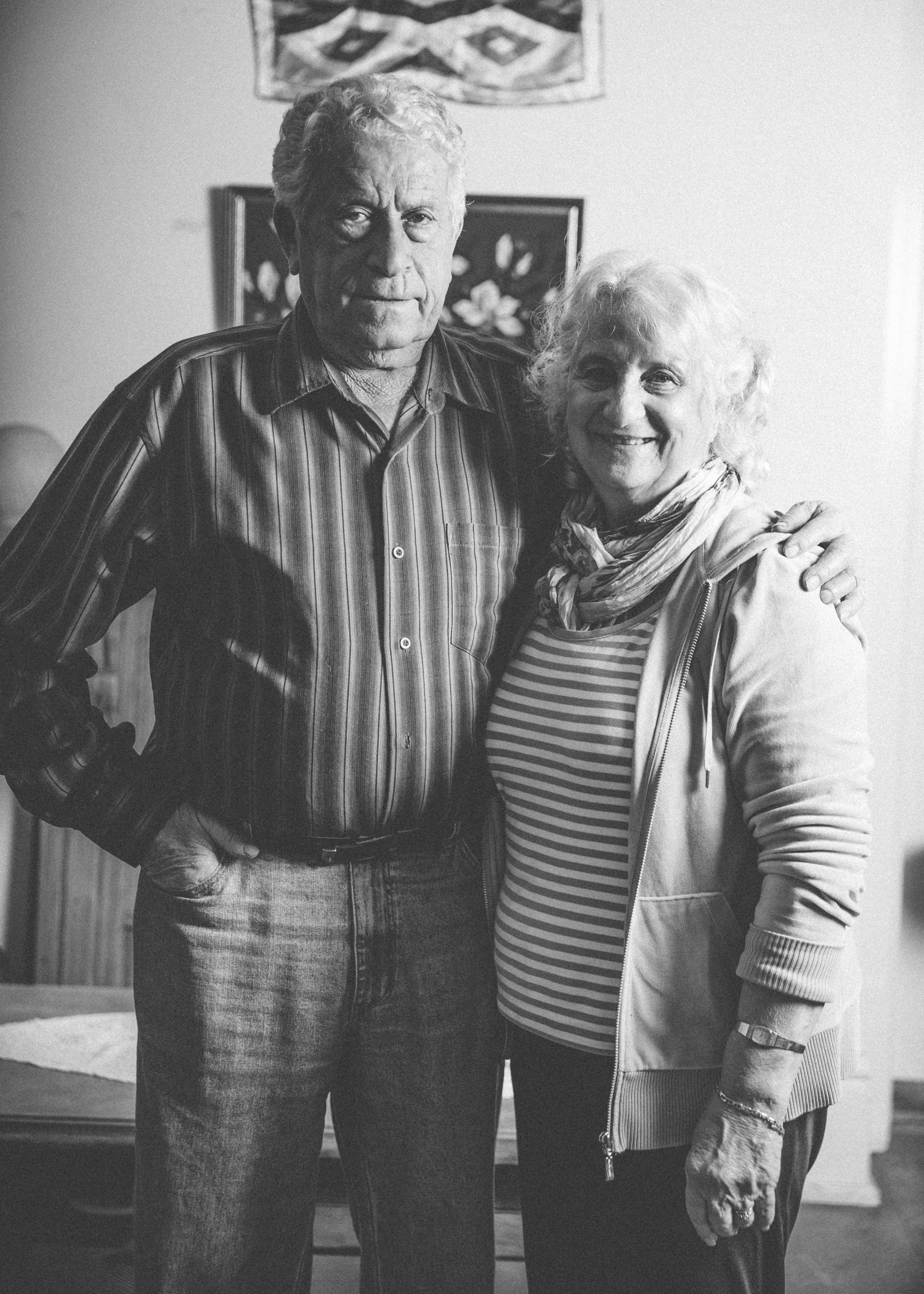Incredibly brave, incredibly compelling.
I was born in 1959 in South Australia and grew up here there and everywhere. Did a bit of an apprenticeship in Adelaide as a plumber. Half way through that I got transferred to Darwin and was there from 1977 to 1981. There I met a girl from Scarborough so I moved there to be with her when I was about 22 years old. I ended up marrying her and was married to her for 20 odd years. I’m not any more though.
In Scarborough I carried on as a plumber. We rented a place near the beach. It was an old house, I think it was made from asbestos.
On Australia Day in 1997 I was driving from Perth to Adelaide when I had an accident. I was in the van, a Ford Spectrum it’s called, and I was driving away from Mandurah, just on the other side of the water. I was tired and it was about 5.30pm. I decided to have a sleep before it got dark and the roos came out. So my wife sat in the driver’s seat at the front of the van and she started driving. Tyson was 2, and was safely in his car seat. I lay out along the back. Tyson must have released the strap of his car seat because he could reach forward and then started grabbing his mum’s hair. She yelled ‘wake up, wake up, grab Tyson, grab Tyson!’
At that stage she managed to roll the van. The Ford Spectrum had a sun roof. It was shut, but in the moment it opened and me and Tyson fell out of it and Darren, my other son, fell out of the side window.
Tyson, the young guy, he was alright because I was holding him. Darren had skin off everywhere.
After that I was in a coma for about 5 months and remained in a range of different hospitals for a couple of years. I had to learn to walk and talk again.
When I first came to, I was in a room on the top floor of a hospital in Adelaide (that I had previously worked on during my time as a plumber). I was sharing a room with two other blokes. One of them couldn’t talk and couldn’t move. I thought, ‘he’s a vegetable’. The other guy was the same, also a vegetable. I realised that I probably was too.
There was one nurse who paid me particular care. She used to take me out of the bed and put me in a wheel chair. She’d take me down to the gymnasium in the basement. She used to sit about 20 feet away from me and throw kids toys – ducks, balls, cars, all sorts of things – at me. I used to think she hated me or had it in for me, I don’t know, I didn’t know why she kept doing that. But then one day, I remember that when she threw something at me my hands moved up instinctively to protect my face. That was the first time I had moved since my coma. And then I realised why she had been throwing things at me, to get an automatic reaction.
After that she used to take me out to night games before the season started at Adelaide oval.
It was so strange being held down, wanting to do things but not able to move. You just couldn’t do anything. The worst part of it was that you had the constant nightmare of your thoughts 24 hours a day.
After that I had to learn how to talk again. It was ‘how now brown cow’, all that sort of stuff. Really terrible. I still hate the sound of my voice today.
When I first started eating again it was real bad. I choked all the time.
I brought an insurance claim as I needed 24 hour care and had no money. I wasn’t wearing a seatbelt at the time of the accident but because I was carrying my son, the insurers accepted it. Though they did try to argue that because I have used drugs in the past, I deserved less of a pay out.





















